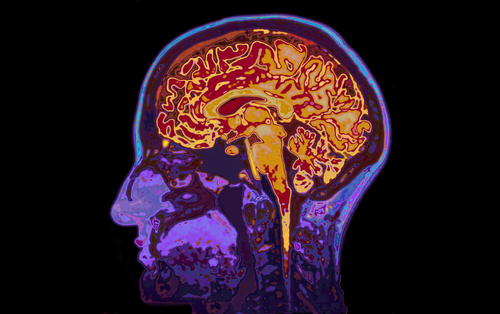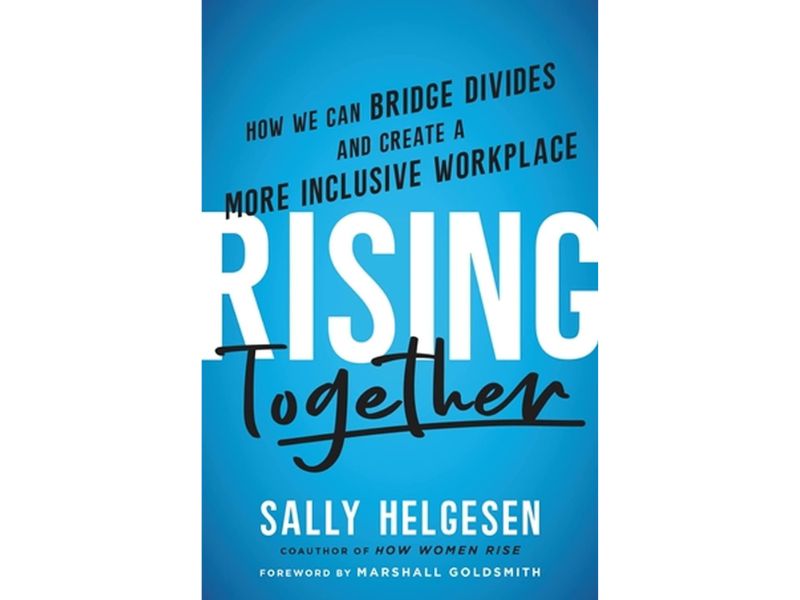Your mind is extraordinary.
It has an information processing capacity greater than the combined power of all the computers, routers and Internet connections on Earth. Did you know that a tiny piece of your brain, the size of a grain of sand, contains 100,000 neurons and one billion synapses all communicating with each other?
So, with this amazing capacity available to us, how do we use our minds?
The simple answer is, not as well as we might. For a start, about half the time we are awake we are thinking about something other than what is going on. Recent research shows multitasking significantly reduces our overall performance.
The fact is that we are only aware of a tiny fraction of what we are thinking, feeling and sensing – so we’re barely conscious of how and why we behave the way we do. It’s as if we have a large, elegant, state-of-the-art ocean-going cruise liner at our command and all we use it for is chugging about the harbour.
Using our minds more effectively
The good news is that we can do so much better and it’s not that hard. We just need to know how to use our minds more effectively. The even better news is that, according to our research, just 10 minutes a day can make a difference.
We have taught thousands of people over many years Mind Time practices like the ones that you can download for free at http://www.mindtime.me/. These are forms of mindfulness meditation and we know that when people engage in mindfulness meditation, over time they can experience changes in their patterns of brain activity.
Scientists at Harvard found that people who regularly practised mindfulness meditation over the years had an increased thickness in brain regions related to the ways we sense ourselves as well as the world around us. Our research suggests Mind Time practices can develop resilience, collaboration and beneficial capacities for the fast-paced, unpredictable world we live in, such as improved perspective-taking and reduced stress.
Learning to AIM
Just under one per cent of your waking hours every day given over to these Mind Time practices can significantly improve your life and your career, by helping to develop three key capacities, collectively referred to as ‘AIM’:
- 1. Allowing – an attitude of kindness and acceptance. Allowing has two sides to it. With the wisdom side, you let what is the case be the case. This means recognising that this moment – this very moment, right now – couldn’t be anything other than it is. The compassion side involves being kinder and more accepting towards everyone involved in each situation – yourself and others.
- Inquiry – a curiosity about your present-moment experience. As you develop your capacity for Inquiry you find yourself occupying an increasingly interesting world. You begin to notice what’s happening inside you, your thoughts, feelings, body sensations and impulses.
- Meta-awareness – This is the ability to observe these thoughts, feelings, sensations and impulses as they are happening and see them as temporary and not ‘facts’. You notice and can, to some extent, describe them as they arise and pass.
Why AIM?
Learning to AIM, through Mind Time Practices, will help you to become more aware of yourself, of others and of the world around you. Just ten minutes per day of Mind Time can help you build:
Better relationships
We define ourselves through our relationships. We learn, think, believe, care and feel through relating to others. As well as joy, our relationships can bring negative thoughts and emotions, including loneliness, resentment, superiority or inferiority, dissatisfaction and powerlessness.
To guard against these, we need to become more accepting and more compassionate of others and ourselves. We need to become interested and curious in our experience and the experience of those we are in relationship with.
Happiness
The hedonic treadmill means that we’re bad at figuring out what will make us happy. We think that having a particular experience will make us happy, but once we have the experience and get used to it, it stops making us happy. That can leave us like a hamster on a wheel, chasing after happiness.
Developing an ‘approach orientation’ – moving towards experiences, even those we don’t want, with kindness and curiosity – helps us to become happier.
Effective working
There are three common automatic reactions at work which deplete our resilience and distract us but where AIM can help: being too busy, getting unhealthily caught up in fighting changes which we can’t influence, and seeking to keep up appearances to please others.
AIM helps us to identify and then question our assumptions about being busy and to prioritise and focus on tasks more effectively. It helps us to notice and accept that our experience of change at work can be emotional – we are perpetually experiencing a cycle of contentment, denial, confusion and renewal. It also helps us to tune into the voice in our head which drives the façade of living up to expectations.
Work-life balance
Work–life balance is more complex than a simple equation. Using AIM we can inquire about our purpose and what is meaningful to us. That helps us to navigate pressure and make more conscious choices about how we spend our time and who with.
Resilience
Instead of unhelpfully reacting when things we don’t want occur, we can learn to respond more wisely. AIM helps you to do that. We can build our own resilience by making connections, keeping things in proportion, accepting change, moving towards our goals (even by very small steps), keeping things in perspective, maintaining a hopeful outlook and taking care of ourselves.
Unlock the life you wish to lead
Our minds are the key to unlocking the life and career we wish to lead. The state of our minds not only directly affects our happiness, learning, creativity and performance, but that of those around us: our family, friends and colleagues.
The important point is this. You can leave that process to chance, letting your mind be randomly shaped and changed by passing events, or you can get more involved in the process and help to direct it. So, isn’t it time we learned to shape our minds – not be shaped by them?
 About the authors
About the authors
Megan Reitz is Professor of Leadership and Dialogue at Ashridge Executive Education, part if Hult International Business School, where she speaks, researches, consults and supervises on the intersection of leadership, change, dialogue and mindfulness.
Michael Chaskalson is a Professor of Practice at Ashridge where he helps deliver the Mindful Leader and Leading  on Purpose programmes. He is a pioneer in the application of mindfulness in workplace and leadership contexts.
on Purpose programmes. He is a pioneer in the application of mindfulness in workplace and leadership contexts.
‘Mind Time: How ten mindful minutes can enhance your work, health and happiness’ by Megan Reitz and Michael Chaskalson, is out now (Harper Collins)









